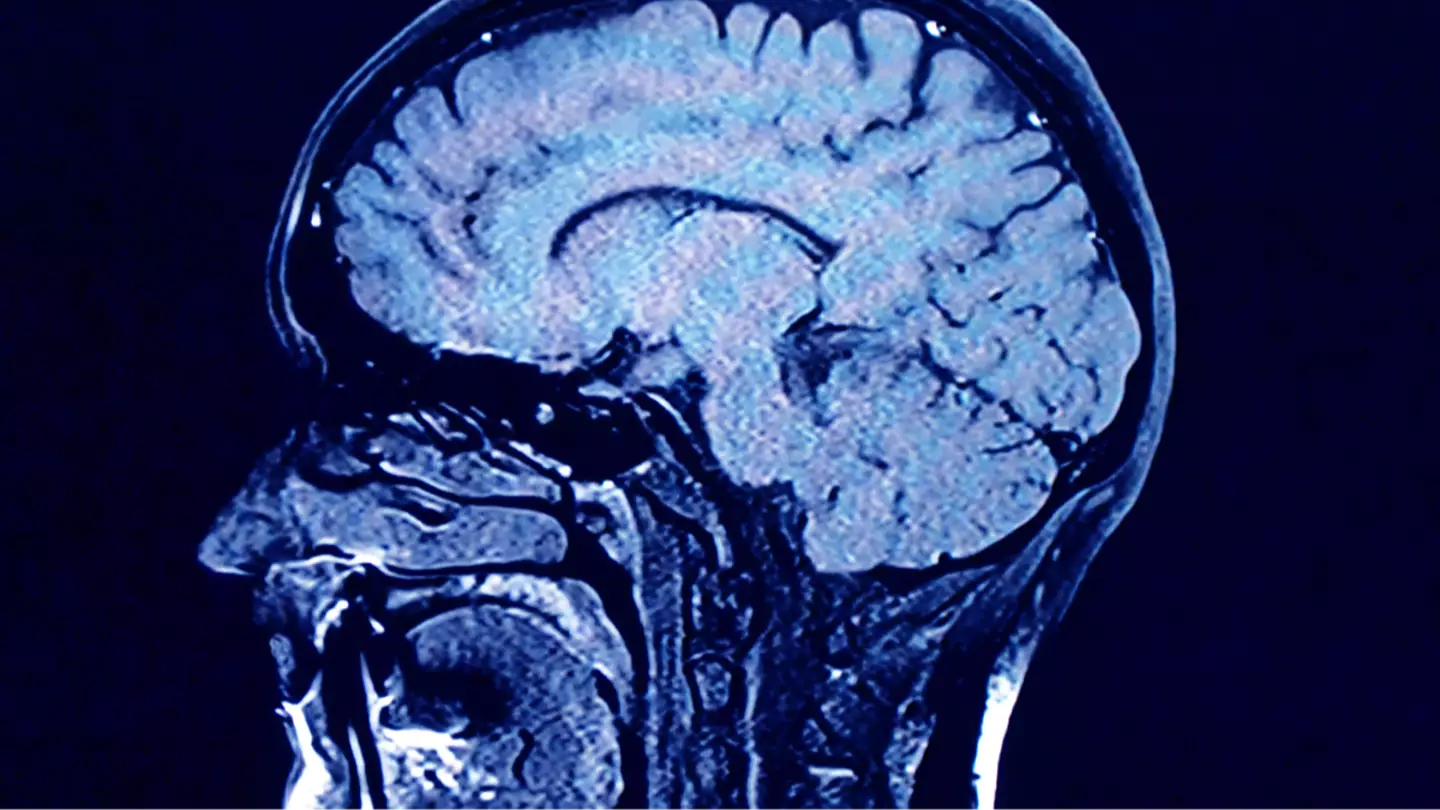
There's actually a hidden danger to multitasking which might disturb you, according to experts.
There is surely no greater feeling than a productive day, ticking off each chore and task at efficient speed and somehow managing to get things done all at once.
Examples of multitasking might be listening to an educational podcast, finishing a work project and getting those 10k steps in on a walking pad all in one hit.
It can also be picking up two projects at the same time, listening to music while performing another task like driving, talking on the phone or listening to someone else talk while writing or watching TV, while (trying to) respond to a backlog of emails.
Advert
However, such efficiency apparently comes at a cost for our poor brains that are jolted into overdrive to juggle it all.
In fact, some research suggests multitasking can actively hurt productivity by affecting comprehension, attention and overall performance, as per Very Well Mind.

Psychologists call the process 'task shifting' as, rather than doing everything all at one, the brain is actually jumping from one thing to the next.
Not only can this pose difficulties when it comes to tuning out on potential distractions, but paves the way to a mental block, which is the last thing we want when we've got a mammoth to do list to wade through.
Experts say our brains simply haven't mastered the art of taking in multiple tasks at the same time, so even when we think we're being productive, in reality our brains are just switching between the two.
As a result, frequent offenders of the multitasking routine might actually feel more preoccupied and distant from their work, which makes sense considering you have to refocus on a new task before the first one had been completed.
In turn, that can also make us more prone to mistakes as a study found pupils who multitask in class have lower GPAs and might take longer to finish their assignments.
Another study in 2018 found adults were at increased risk of making a mistake behind the wheel if they were multitasking while driving.

Have you ever been doing something and walked into a room and forgot what you're doing there?
Well, that could be a sign that multitasking is working against you, as you're more prone to forget what you're doing when you're tangled in multiple things at once.
Psychologists warn it also means many of us work at a slower pace and even less efficiently overall than if we just focussed on one thing at a time.
That's because our brain's executive function is responsible with managing our tasks, determining how, when and in what order they are carried out.
Goal shifting, which sees our brains decide to do another thing instead of the one at hand, while rule activation, which sees us alter rules from the prior task to the new one, adds a few tenths of a second, the news outlet reports.
And while that is only minuscule, those milliseconds sure do add up.
On a deeper level, other research suggests it could even be possible that constant multitasking can actually alter the brain over time and present permanent issues with focusing.
To avoid a multitasking brain drain, experts recommend limiting yourself to complete one task at a time or follow the '20-minute rule,' where you lock-in on a task for 20 minutes before attending to another.
Limiting distractions like phones, social media and other tech devices can also help.
Topics: Psychology, Mental Health, Technology, World News, Health